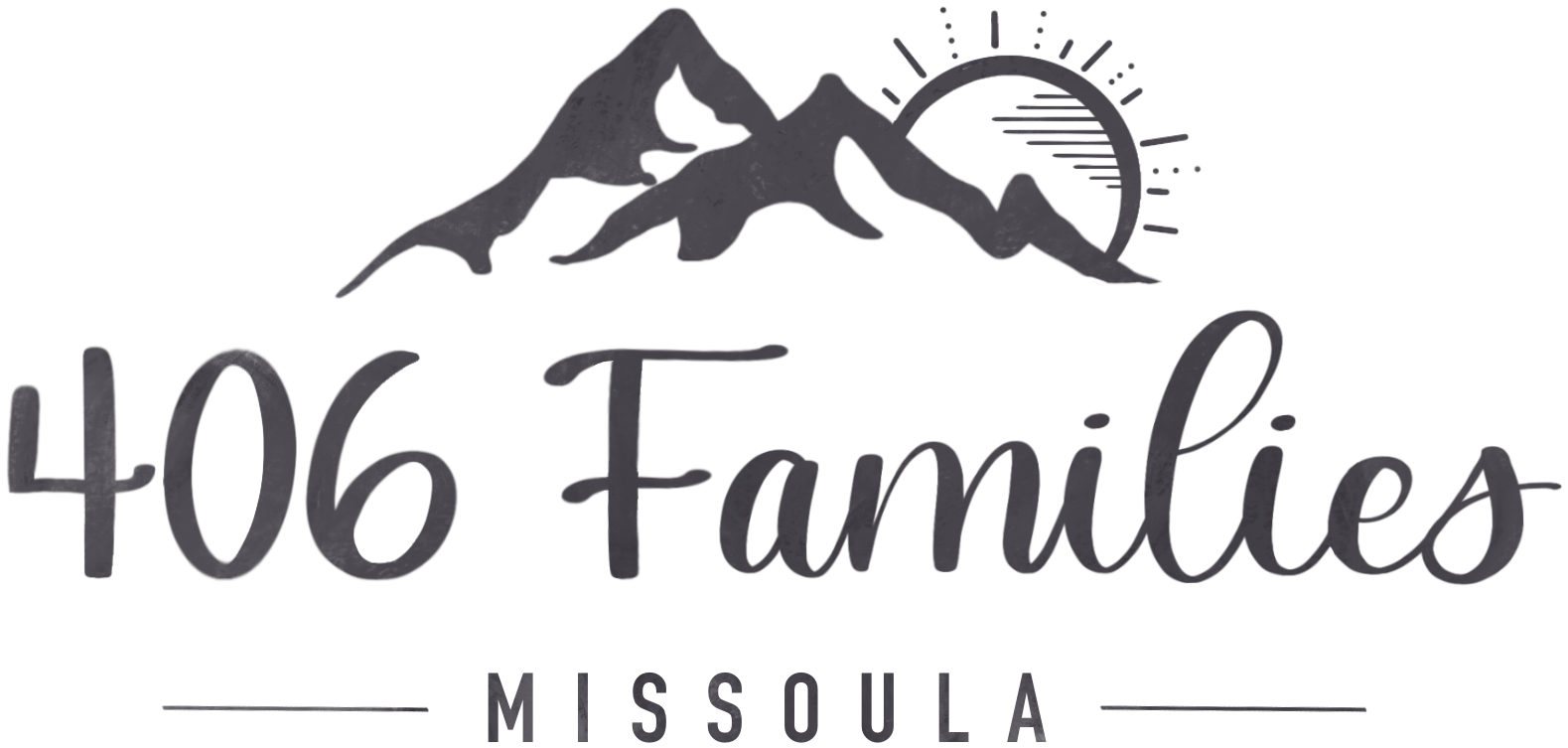Surviving Wildfire Season
Ahhhh, late summer in Montana, featuring 90-degree days, cool river water that is perfect for floating, and the distinct smell of… smoke.
If you’re new to Western Montana, you’ll soon become acquainted with our smoke season, which usually only lasts a few weeks, but we’ve seen smoke season stretch on for months. Be grateful the smoke decided to show up in late August this year rather than in early July like it did in 2017.
We’ve lived in Montana during summers where the wildfire smoke is faint and barely noticeable, and we’ve lived here when the fires were close enough that it was “snowing” ash on our cars and homes. During that fateful 2017 fire season mentioned above, the fires were so close and threatening to Lolo and Florence homes that many in our area had to evacuate, and firefighters set up an incident command post on the campus of Florence Carlton School.
Wildfires are often caused by lightning strikes in dense forestland. An electrical storm without much rain paired with high winds is almost a surefire combination that leads to fires. Less often, fires are caused by campers who don’t completely douse their campfire, which is why it’s so important to douse your fire pit with water when you’re camping. Many times, people don’t realize the embers are still burning when they leave a campsite.
You can check where the fires are coming from on the Incident Information System website.
Every year, we wish we could skip this step, but there’s a reason it’s called Montana’s fifth season. Smoke particles in the air are unpleasant for everyone, but can be particularly dangerous to children whose airways are still developing, the elderly, and anyone with a respiratory condition like asthma.
So how do you cope with the smoke? Here’s some suggestions from the CDC:
Keep indoor air as clean as possible by keeping windows and doors shut. If you have an air conditioner, keep the filter clean to keep outside particles from getting inside.
Don’t add to indoor air pollution by refraining from burning candles, lighting stoves, and smoking. Even vacuuming stirs up air particles in the home, so I’m going to go tell my husband about that one right now.
Consult with a doctor if you have a respiratory disease.
Make an evacuation plan. You should already have a plan in place if wildfires are close to your home, but consider evacuating if the smoke gets too bad to continue to live in the area.
Don’t use the large paper masks because they are designed to keep out large particles, not smoke. Unfortunately, neither will the cloth masks we’ve gotten used to wearing. If the smoke bothers you, your best bet is to stay inside as much as possible.

